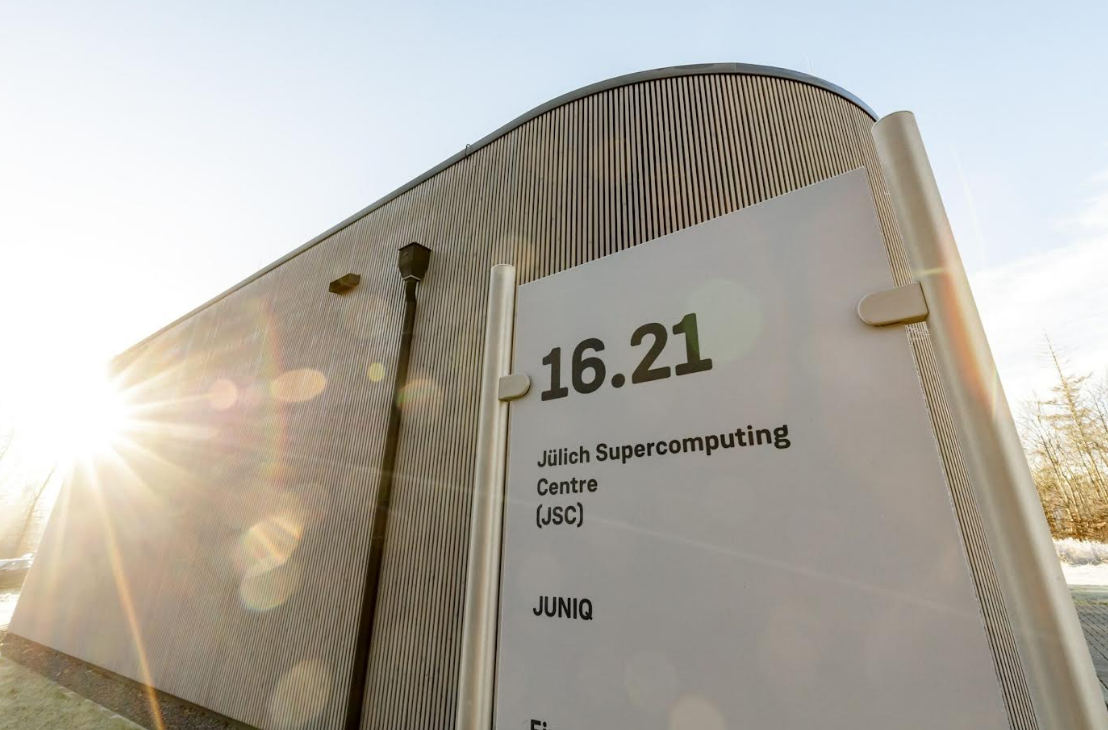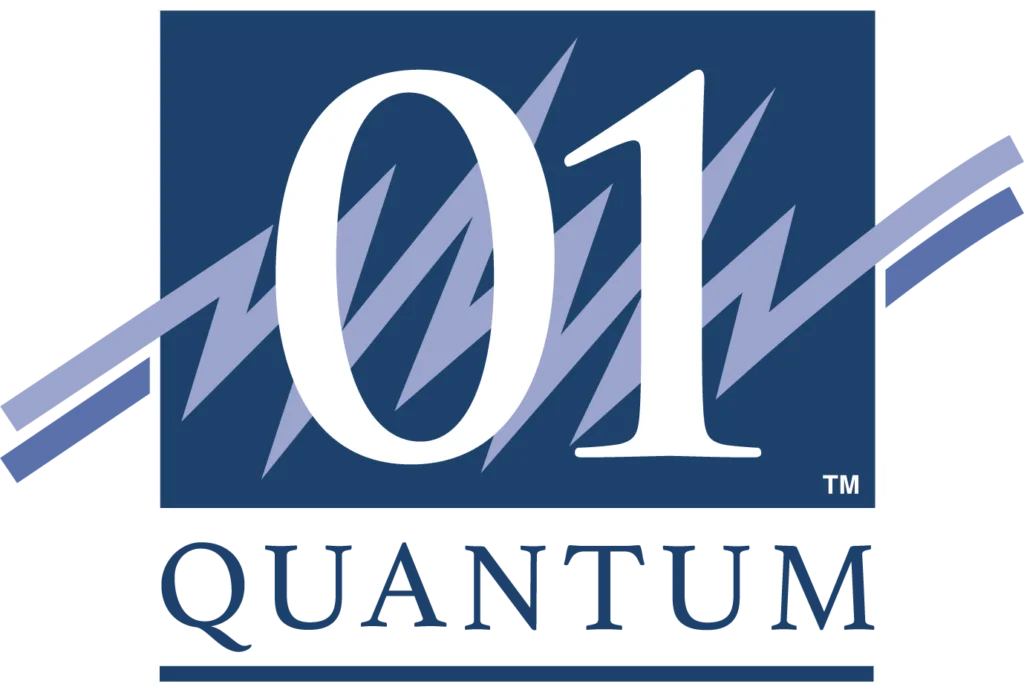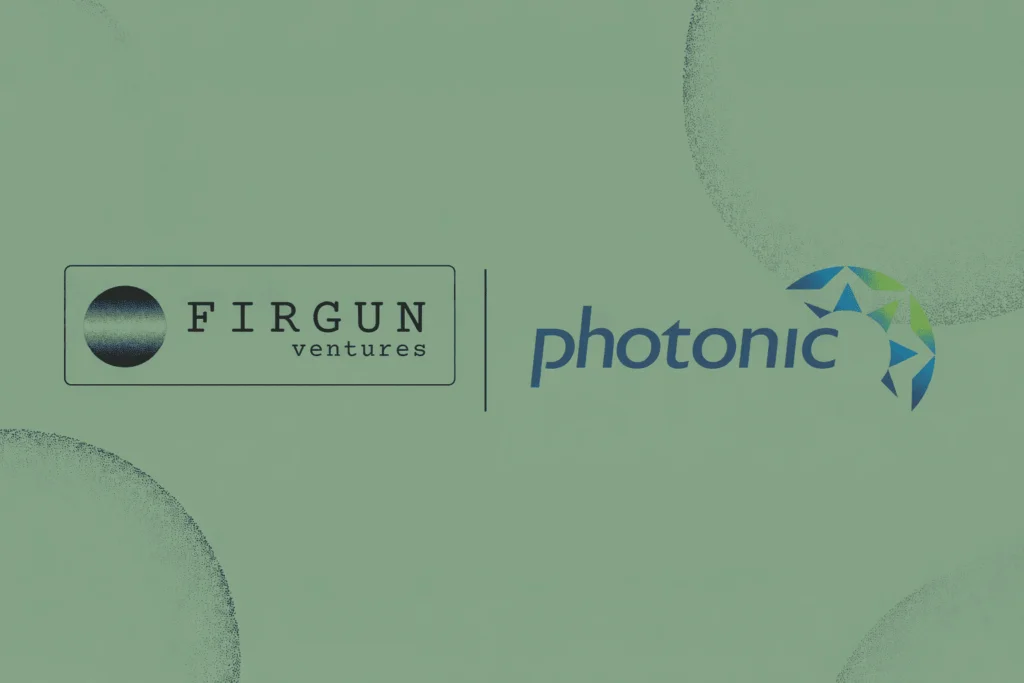Insider Brief
- Forschungszentrum Jülich and the QSolid consortium have integrated their prototype quantum computer into the JUNIQ infrastructure and opened it to external users for initial testing.
- The 10-qubit system, built entirely from Jülich-developed hardware, will be accessible for a two-week trial phase via the JuDoor cloud platform starting 17 November 2025.
- The milestone follows close collaboration among research and industry partners and supports Germany’s broader High-Tech Agenda for advancing domestic quantum technologies.
PRESS RELEASE — Scientists at Forschungszentrum Jülich, together with their partners from the QSolid consortium, have achieved a significant project milestone: the project team has successfully integrated the prototype of a quantum computer into the Jülich Supercomputing Centre’s infrastructure, known as JUNIQ. This marks an important step toward establishing a comprehensive German quantum ecosystem.
Just three and a half years after the project’s kick-off, the prototype of a system-integrated quantum computer is being made available to external users for an initial two-week test phase starting on 17 November 2025. “It is an outstanding achievement by our team to have succeeded in building a complete prototype from scratch. From the chip upwards, it consists of hardware developed at Forschungszentrum Jülich. In addition, another prototype will be launched in January. The feedback from our first users will now be crucial to further optimise the quantum computer,” explains Prof. Dr. Frank Wilhelm-Mauch, coordinator of QSolid.
The computer, currently operating with a capacity of 10-qubits, will be accessible via the JuDoor cloud platform. The term qubit, short for quantum bit, refers to the fundamental unit of quantum information.

Close Cooperation among Project Partners Leads to a Successful System Integration
The development and integration of the software stack, a collection of functional software components, was achieved through close collaboration between research institutions and industrial partners. The companies Qruise and Eviden, key providers in the fields of quantum firmware and high-performance computing, supplied the necessary software components, while Forschungszentrum Jülich carried out the professional system integration. “On the path from a physics experiment to a full prototype, we must always keep an eye on the compatibility and interplay of the components. This is often underestimated in research,” says Dr. Paolo Bianco, head of the system engineering team at Forschungszentrum Jülich.
The industrial partners ParTec, ParityQC, and HQS Quantum Simulations will be the first users outside Jülich’s infrastructure to participate in the two-week test run. This pilot phase will soon be followed by another one using updated software. Hardware improvements are also planned: the team led by Prof. Dr. Rami Barends (Forschungszentrum Jülich) will soon replace the current quantum chip with another even more powerful version.
A Strong Signal for the ‘High-Tech Agenda Germany’
Just two weeks after the launch event of the ‘High-Tech Agenda Germany’, initiated by the Federal Ministry for Research, Technology and Space (BMFTR), QSolid’s success marks a significant momentum. The research project, with a total budget of €76.3 million, demonstrates that German scientists already contribute to shaping European cutting-edge research in a key technology area of the agenda. “The system integration serves as a blueprint for developing a German quantum computer. From a technical perspective, it represents an ideal starting point for the High-Tech Agenda Germany of the Federal Ministry for Research, Technology and Space,” states Wilhelm-Mauch.
Email – m.jakobs@eurice.eu















